Your cart is currently empty!
By
John Abraham
| UPDATED

Supporting grandchildren is a balancing act: you want to nurture, encourage, and show love without creating dependence or overindulgence. The goal is to build confidence, responsibility, and resilience while keeping the relationship warm and meaningful. These 28 practical strategies offer ways to engage, guide, and uplift your grandchildren—showing love through attention, encouragement, and thoughtful actions rather than material rewards. By focusing on connection and growth, you can leave a lasting, positive impact that shapes their character and strengthens your bond.
1. Celebrate Effort, Not Just Achievements
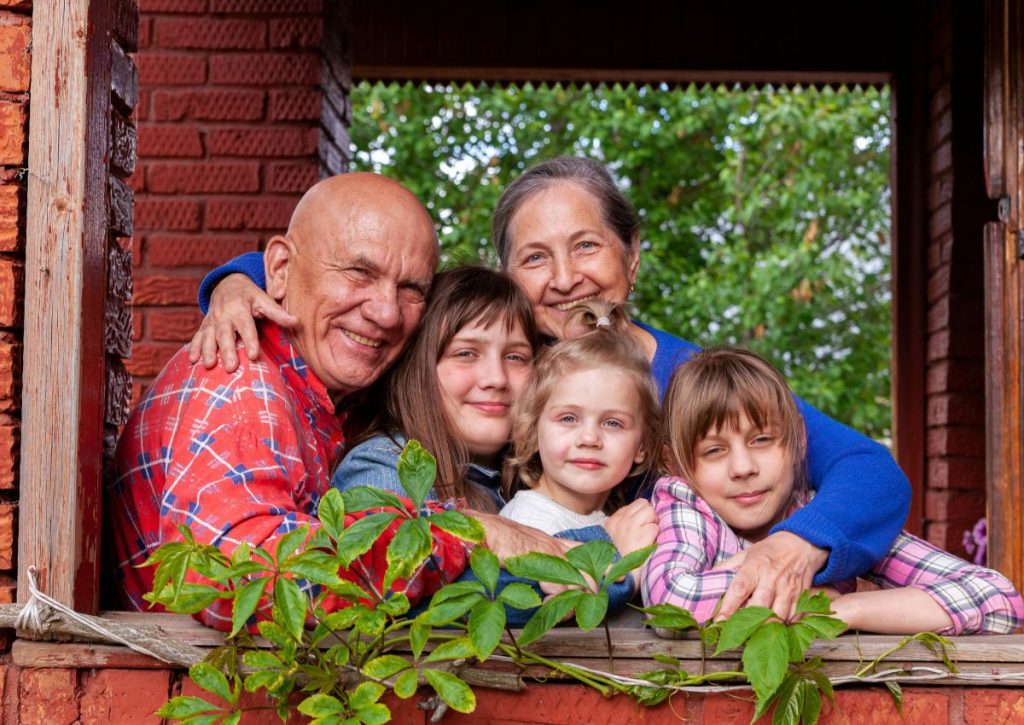
Focusing on effort rather than results teaches resilience. When children are praised for trying, experimenting, or practicing, they learn that hard work is valued above immediate success. This builds confidence, curiosity, and self-reliance, creating a mindset where challenges are opportunities, not threats. Grandparents who highlight effort inspire a love of learning that lasts long after childhood.
2. Listen More Than You Advise

Children often need someone who truly hears them. By listening without jumping in with solutions, you validate their emotions and experiences. Active listening fosters trust, emotional intelligence, and communication skills. Grandchildren remember adults who offered empathy and patience over quick fixes, creating a secure space to share thoughts and feelings openly.
3. Encourage Problem-Solving

Rather than solving every challenge, guide children to think critically and explore solutions themselves. Asking thoughtful questions like “What would you try next?” empowers autonomy and resilience. Children develop decision-making skills and confidence while understanding that mistakes are natural learning steps. Supporting growth in this way nurtures independence without removing your loving presence.
4. Offer Experiences Over Material Gifts
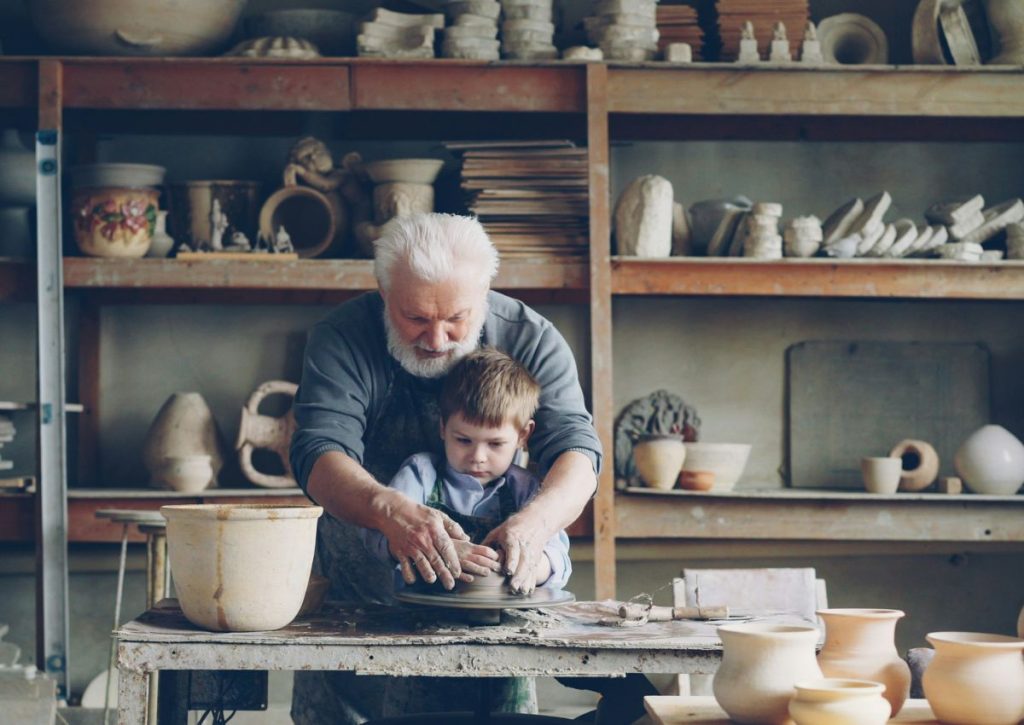
Shared experiences—like hiking, cooking, or museum visits—create lasting memories that toys cannot match. Experiences foster curiosity, creativity, and connection. Grandchildren remember laughter, discoveries, and adventures more vividly than possessions. Choosing shared moments over physical items strengthens emotional bonds and encourages lifelong learning and appreciation.
5. Set Clear Boundaries

Rules and routines give children security and understanding. Reasonable limits teach responsibility and self-discipline while demonstrating love and care. Consistent boundaries prevent entitlement and reinforce respect for rules and others. Grandparents who combine warmth with clear expectations create safe, nurturing environments where children feel supported without being spoiled.
6. Encourage Hobbies and Interests

Supporting a child’s passions without dominating them allows authentic growth. Whether it’s art, sports, or science, encouraging exploration builds confidence and personal identity. Asking questions, attending events, or celebrating milestones communicates that you value their individuality. Genuine interest in their pursuits fosters deep, respectful relationships that extend beyond fleeting achievements.
7. Model Gratitude and Generosity

Children learn by observing. Demonstrating thankfulness and acts of kindness in daily life teaches them to value what they have and care for others. Simple habits—like saying “thank you,” volunteering, or sharing—show that generosity matters more than gifts. Grandchildren internalize these behaviors, understanding that giving and appreciating go hand-in-hand with receiving love.
8. Avoid Overreacting to Mistakes

Children will make mistakes, and how adults respond shapes their confidence. Calm, constructive guidance teaches problem-solving and accountability. Overreacting can cause shame or fear, while balanced support builds resilience. By addressing missteps with patience, you reinforce that love is unconditional, and learning is continuous.
9. Share Skills Instead of Rewards

Teaching practical skills—cooking, gardening, or basic repairs—provides lifelong benefits. Children feel capable and competent when they master new tasks. Unlike material rewards, these skills create pride, self-sufficiency, and lasting memories of time spent together. Grandparents who invest in teaching rather than gifting cultivate meaningful growth.
10. Celebrate Small Wins
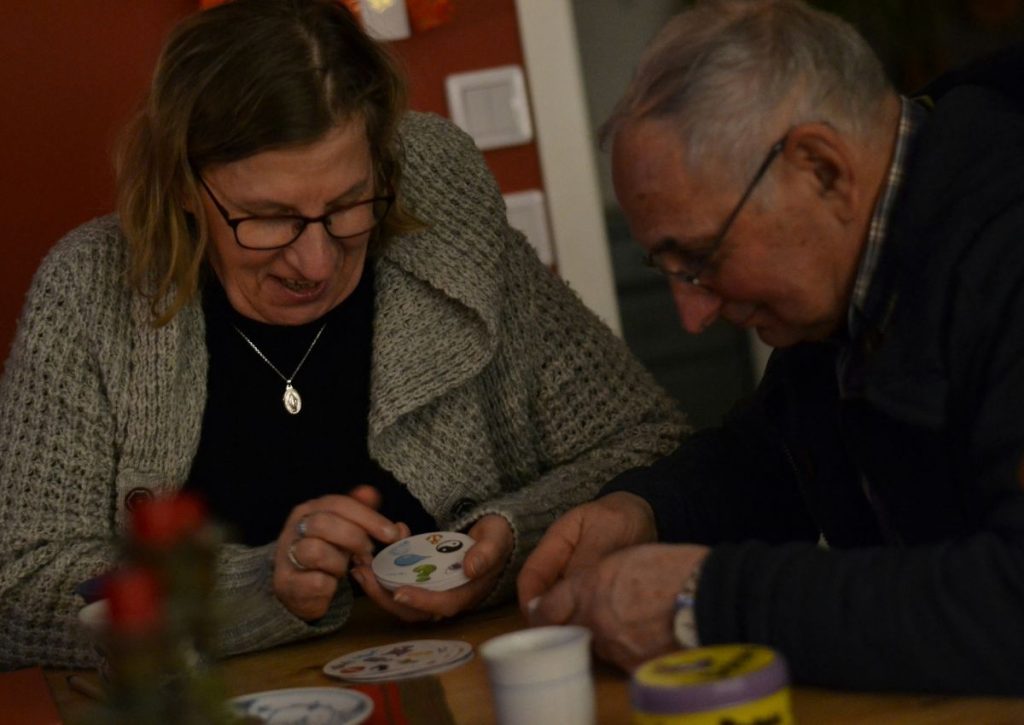
Recognizing everyday achievements—finishing homework, practicing an instrument, or helping at home—encourages self-esteem. Children learn to value progress and persistence. Celebrating small steps shows you notice their efforts without needing grand gestures or rewards. This approach balances support with motivation, fostering a sense of accomplishment and pride.
11. Encourage Reading and Exploration

Books open worlds of imagination, knowledge, and empathy. Sharing stories, visiting libraries, or exploring topics together nurtures curiosity. By guiding without dictating choices, you let children discover passions organically. Grandchildren who associate reading and exploration with enjoyable bonding moments often retain a lifelong love of learning.
12. Practice Consistent Affection

Regular hugs, words of encouragement, and attentive presence build emotional security. Affection communicates love and value without relying on material gifts. Children who feel emotionally supported develop stronger self-esteem, trust, and resilience. Your consistent warmth becomes a foundation they carry into adulthood.
13. Involve Them in Giving

Teaching children to share, donate, or volunteer fosters empathy and perspective. Participating together in charitable acts shows that support isn’t about accumulating possessions. Grandchildren internalize the joy of helping others, learning that generosity is a powerful form of love.
14. Foster Independence in Daily Tasks
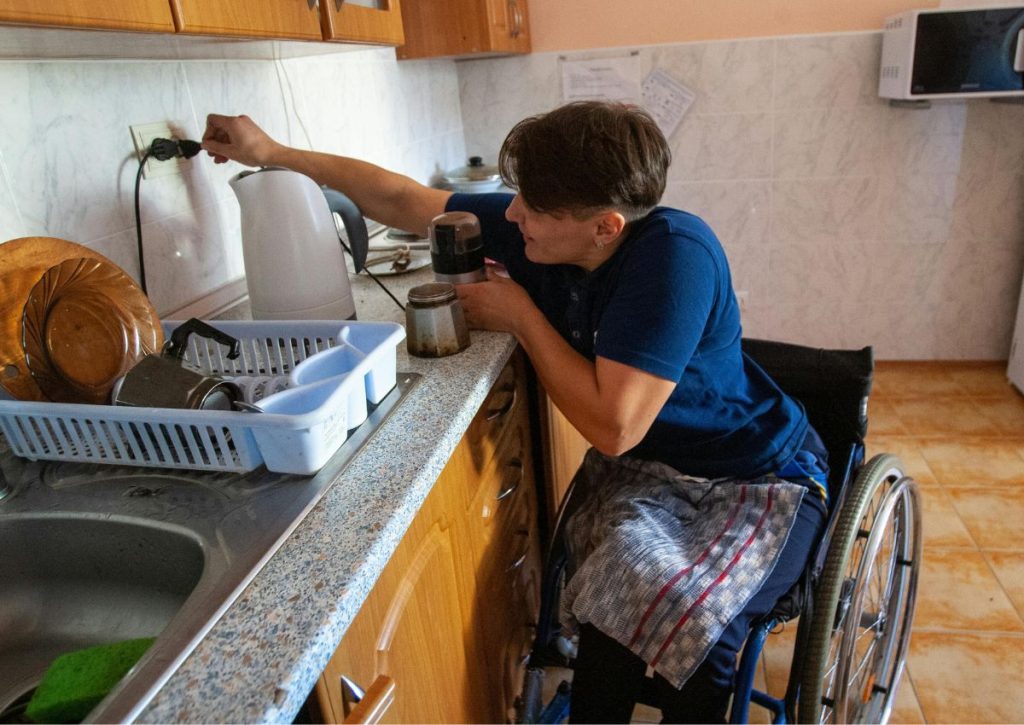
Allowing children to handle age-appropriate responsibilities—chores, packing lunches, or managing homework—promotes self-sufficiency. Support with guidance, not control. Independence builds confidence, problem-solving abilities, and accountability, showing grandchildren that your care encourages competence rather than dependency.
15. Offer Encouragement, Not Comparison

Avoid comparing children to siblings, peers, or others. Highlighting unique strengths and personal progress fosters self-worth and motivation. Encouragement rooted in individuality helps grandchildren feel seen and valued for who they are, cultivating confidence and a healthy mindset that thrives on personal growth.
16. Encourage Healthy Habits

Modeling and promoting nutritious eating, exercise, and sleep teaches lifelong wellness. Rather than enforcing strict rules, involve grandchildren in fun activities like preparing meals or taking walks. They learn by participating and observing, understanding that self-care is both enjoyable and essential. This balanced approach nurtures health without turning guidance into pressure.
17. Support Social Skills
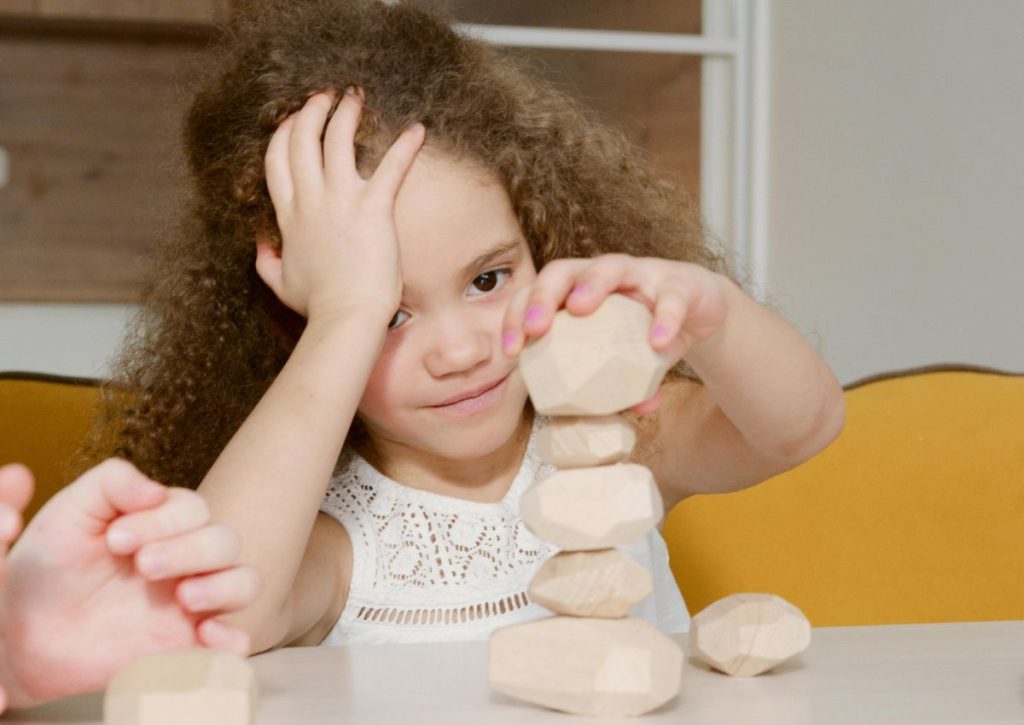
Help children navigate friendships, teamwork, and conflict resolution. Offer guidance through role-playing or discussing scenarios, but let them make decisions. Developing social intelligence and empathy equips grandchildren with tools for life, showing that love includes preparing them to thrive independently in the world.
18. Give Time, Not Just Gifts

Your presence is often more valuable than presents. Spending quality time—reading, crafting, or exploring outdoors—creates memories that gifts cannot replace. Children associate your support with shared experiences, reinforcing bonds and showing that meaningful attention matters more than material rewards.
19. Respect Their Opinions
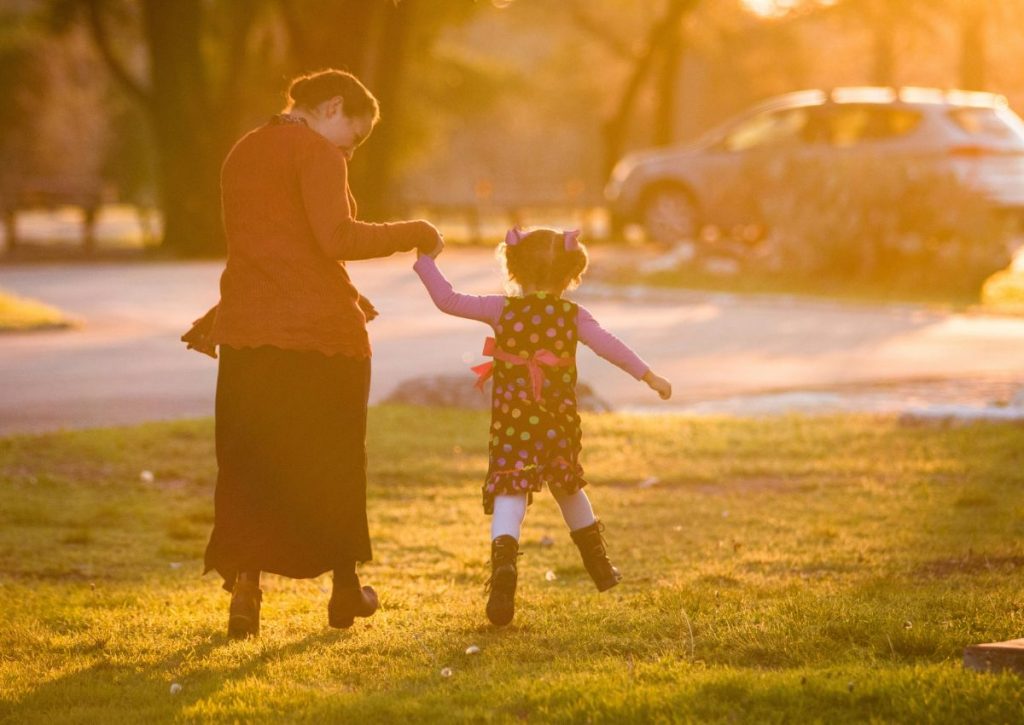
Listening to and validating a child’s ideas—even when they differ from your own—builds confidence and respect. Encouraging thoughtful expression fosters critical thinking and self-esteem. Grandchildren who feel heard are more likely to share openly and value the guidance you provide without feeling controlled.
20. Introduce Problem-Solving Games
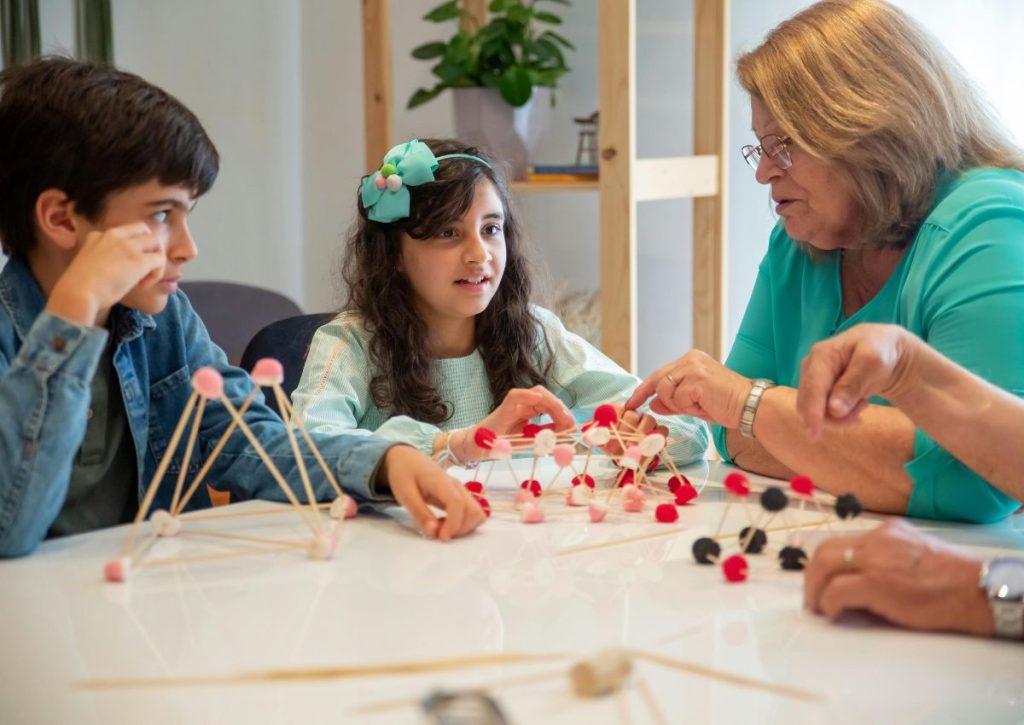
Board games, puzzles, and creative challenges cultivate strategic thinking and collaboration. Playing together teaches patience, resilience, and resourcefulness. By framing learning as fun, you reinforce problem-solving skills without making it feel like a lesson, creating joyful memories that support growth.
21. Teach Money Management

Introducing basic financial skills, like saving allowances or budgeting for a desired item, builds responsibility. Children understand the value of money and delayed gratification, learning to make thoughtful choices. Grandparents who guide financially without overspending encourage independence and future stability.
22. Celebrate Character Over Talent
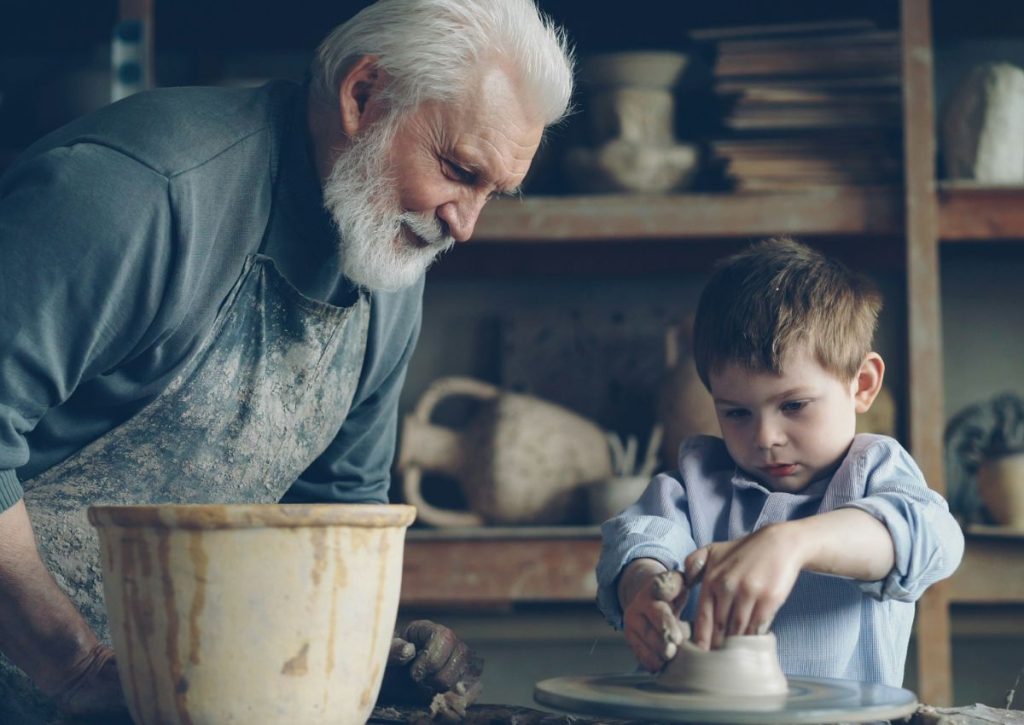
Praise kindness, honesty, perseverance, and curiosity rather than only accomplishments or natural ability. Recognizing moral and personal qualities teaches grandchildren that values and effort define worth, creating a foundation for ethical and empathetic development.
23. Encourage Reflection
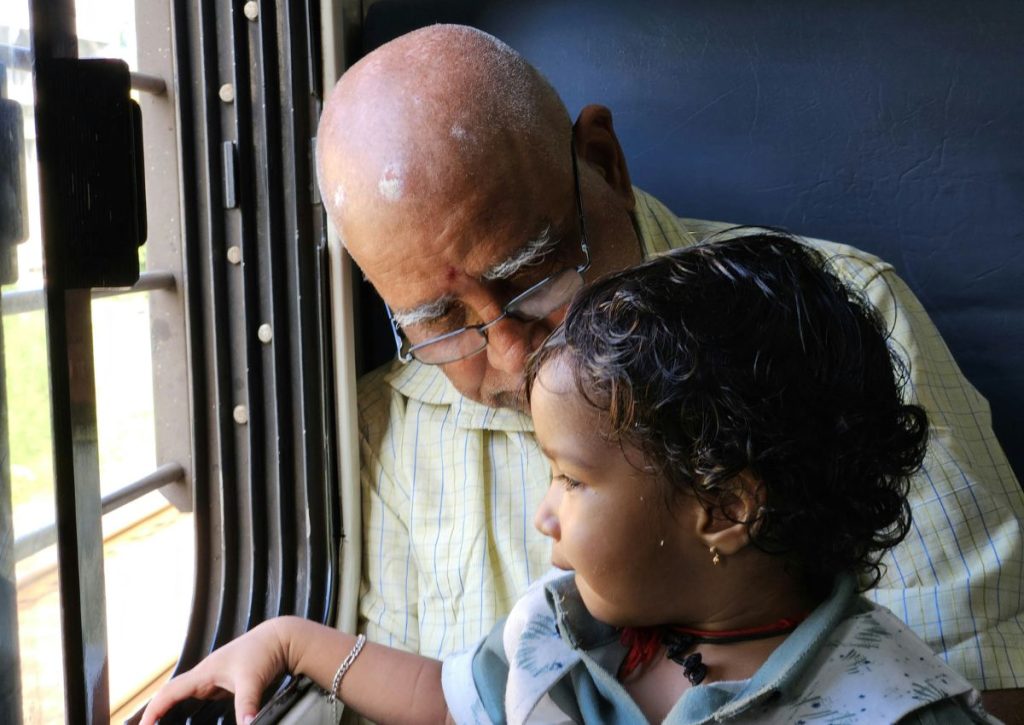
Help children consider their choices, feelings, and actions. Simple questions like “How did that make you feel?” promote emotional intelligence and self-awareness. Reflection fosters maturity and decision-making skills, showing that support involves nurturing thoughtfulness, not shielding from mistakes.
24. Share Family Traditions
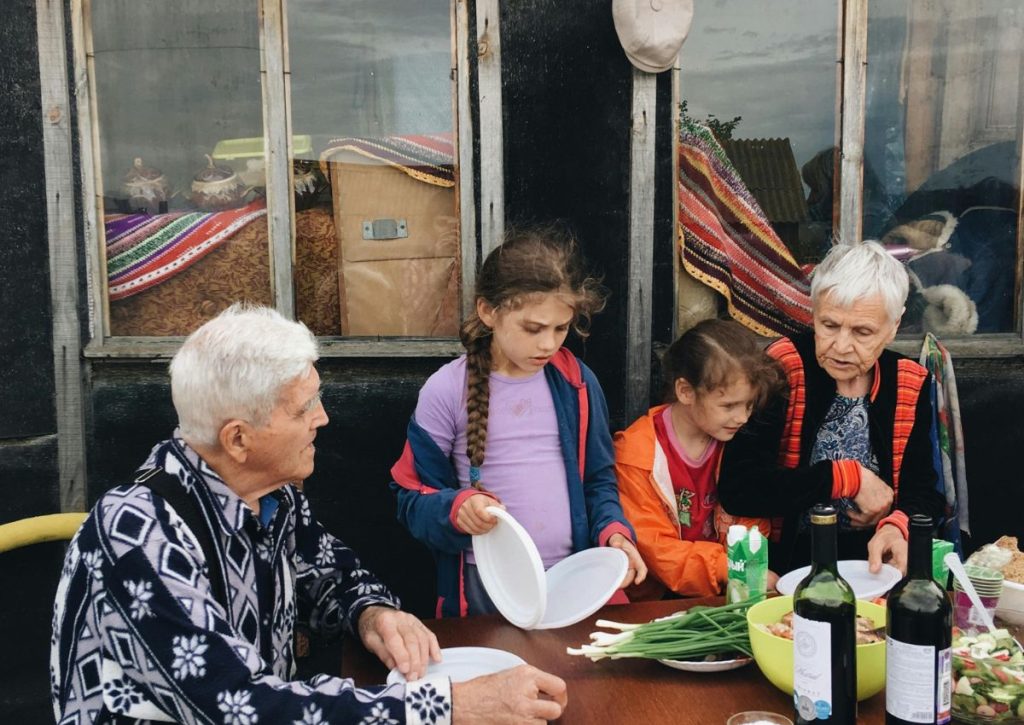
Including grandchildren in family rituals and cultural customs fosters belonging and identity. Celebrating traditions together strengthens bonds and teaches history, values, and connection. These shared experiences provide continuity and stability without relying on material gifts for affection.
25. Let Them Solve Minor Conflicts

When disagreements arise with friends or siblings, allow children to negotiate solutions themselves. Stepping back teaches diplomacy, empathy, and compromise. Grandparents who guide without taking over show that love supports growth, resilience, and the ability to navigate life’s challenges independently.
26. Offer Gentle Guidance on Screen Time
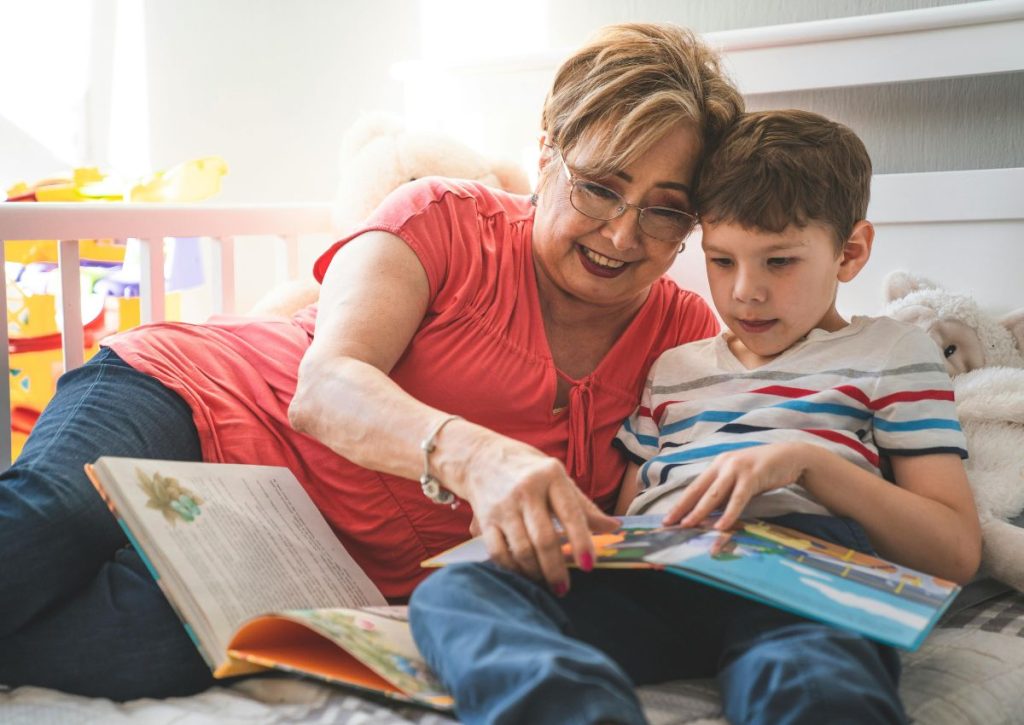
Technology is part of modern childhood, but balance is key. Encourage active, creative, and educational uses of screens while limiting passive consumption. Modeling moderation helps grandchildren enjoy tech responsibly, developing self-control and healthy habits without feeling deprived or restricted unfairly.
27. Encourage Questions and Curiosity
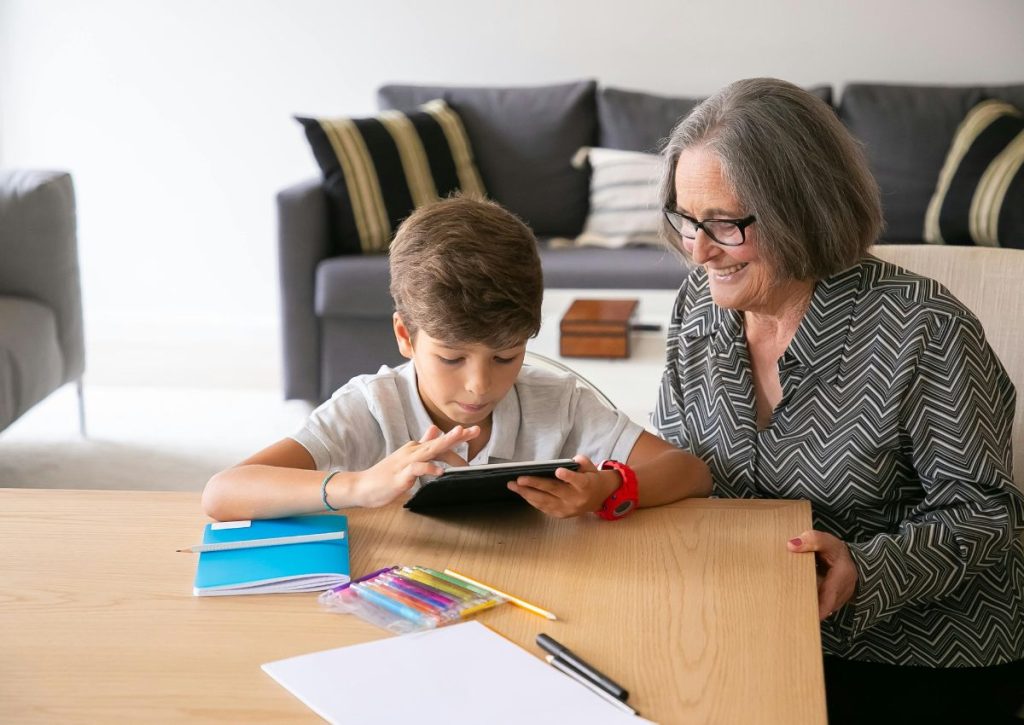
Foster an environment where asking questions is welcome. Respond with patience and exploration rather than immediate answers. Curiosity strengthens learning, problem-solving, and critical thinking. Grandchildren who feel encouraged to inquire develop confidence in exploring the world and trusting your support.
28. Love Unconditionally

Above all, express unwavering love and support regardless of achievements or behavior. Children who feel secure in your affection grow with confidence, emotional stability, and a strong sense of belonging. True support balances guidance, boundaries, and encouragement—showing grandchildren that love isn’t earned through gifts or accomplishments but freely given.

